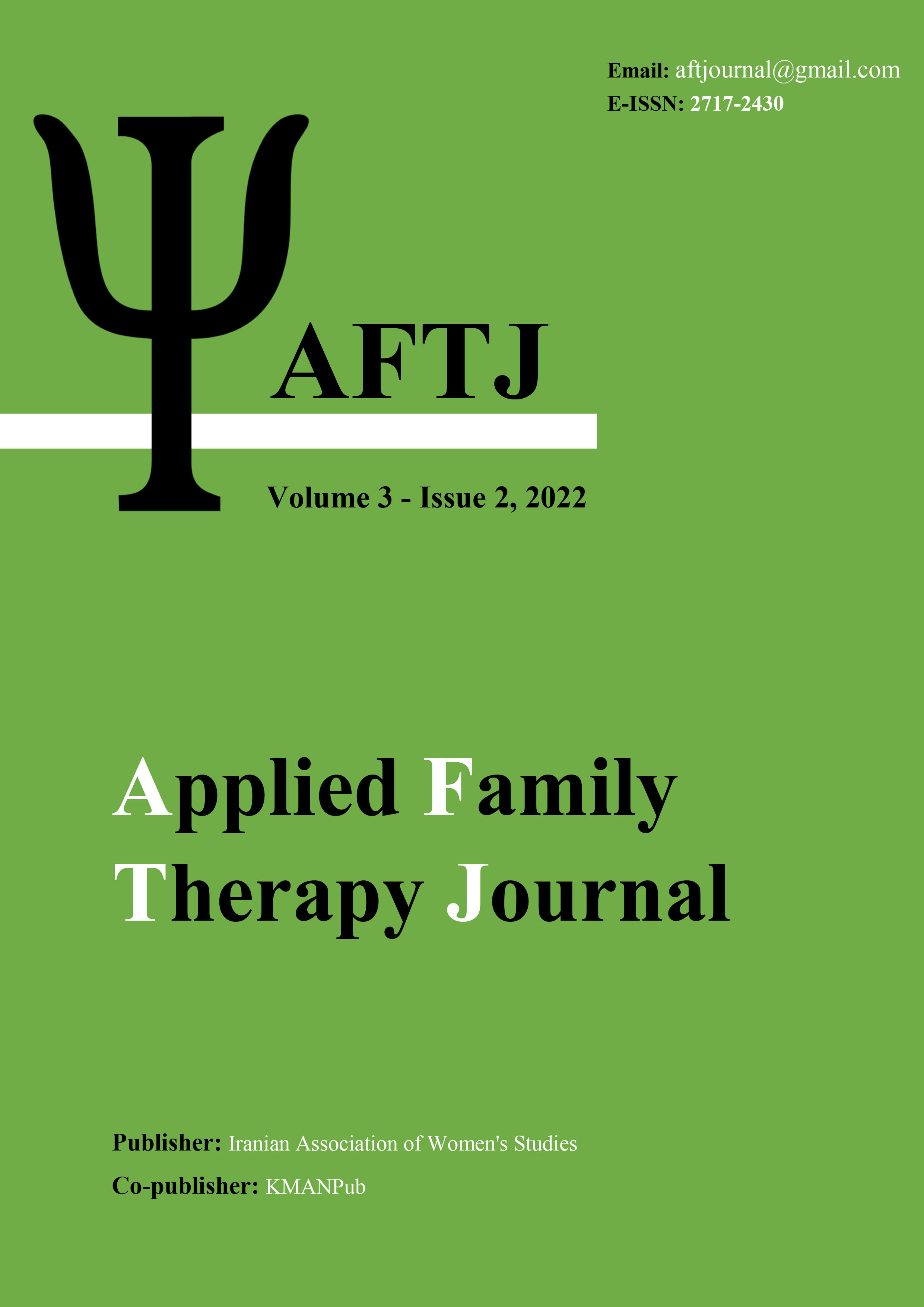The effectiveness of life skills training on children's self-monitoring behavior and creative thinking
Keywords:
Life skills, self-monitoring behavior, creative thinkingAbstract
Aim: The purpose of this study was to determine the effectiveness of life skills training on children's self-monitoring behavior and creative thinking. Methods: The current research was a quasi-experimental with a pre-test-post-test design with a control group and a two-month follow-up. The statistical population was 9 to 11-year-old children in Tehran in 2018, after screening with Humphrey's (1982) and Abedi's creative thinking (2010) self-monitoring questionnaires, 40 children were selected based on the purposive sampling method. The experimental group was designated to Seyedabadi's life skills training intervention (2009) during ten 45-minute sessions. Data were analyzed using repeated measures variance. Results: The findings of this research indicated that the life skills training intervention is effective on children's self-monitoring (F=22.29, P=0.001) and creative thinking (F=18.02, P=0.001) in the post-test phase and this effect is also stable in the follow-up phase (P=0.05). Conclusion: The foundations of knowledge, skills and attitudes are shaped through childhood, and their importance and necessity have been accepted for the general and the specific; Therefore, it is necessary to pay attention to every educational development and innovation since the early years of childhood, and to build planning for childhood stage, and beyond on a strong foundation.
Downloads
Downloads
Published
Issue
Section
License

This work is licensed under a Creative Commons Attribution-NonCommercial 4.0 International License.





















